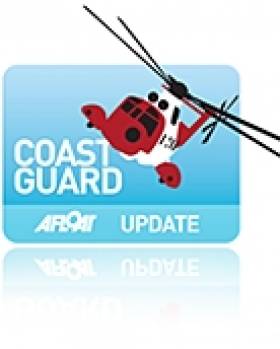Displaying items by tag: hovercraft
Hey! It's a No Wake Zone! Hovercraft Lands on Busy Beach
#hovercraft – A huge military hovercraft with up to 500 troops on board made a dramatic landing on a coastal beach packed with holiday makers in Russia.
Hundreds were sunbathing on the beach when the vessel powered towards them.
No one was injured, although witnesses said beachgoers were surrounded by paratroopers and asked to move on.
A spokesman for the Russian defence ministry told local newspaper Komsomolskaya Pravda that the hovercraft was on a tactical mission in an area owned by the military.
"Docking at the beach ... is a normal event," a spokesman was quoted as saying. "What people were doing at the beach on the territory of a military (base) is unclear."
The hovercraft is believed to have been one of the Russian Navy's Zubr-type crafts, which are built in St Petersburg and can travel at speeds of up to 60 knots (110kmh, 68mph), Sky news reports.
They weigh around 550 tonnes and measure nearly 60 metres in length.
The vessels can be fitted with missile launchers, automatic gun mounts and equipment to lay mines.
RNLI Hovercraft in Rescue of Girl
At 5.30 pm last night Liverpool Coastguard were alerted to a local 15 year old girl in difficulty by the Leasowe Lighthouse on Moreton Common, Wirral, on Merseyside on the far side of the Irish Sea . She was completely cut off by the tide about 100 metres out on the nearby sandbank.
The Hoylake Coastguard Rescue Team were alerted as was the RNLI New Brighton hovercraft and West Kirby inshore lifeboat.
In the meantime the local Coastguard Sector Manager Steve Travis along with his team deployed their mud sled and recovered the girl to dry land.
By 6.30 pm this evening the girl was safely back at home with her mum.
Paul Kirby, Duty Watch Manager at Liverpool Coastguard said
"Our thanks are due to Steve and his team and the RNLI crews from Hoylake and West Kirby for responding so promptly to our call.
As the evenings are now darker after the clocks went back, swift tides and sandbanks can present a major problem for the unwary in the darkness. Please take care when going anywhere near tidal waters and make sure you know the times of the tides."

























































